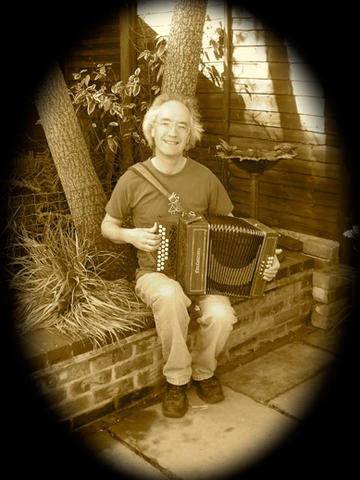
My career trajectory which led to me becoming a Professor of Mathematics Education in a leading university is, I believe, rather atypical. Whilst the majority of my colleagues are passionate about their research, I have always been passionate about teaching. I always wanted to be a university teacher of mathematics – to pass on my love for the subject and to help others understand what, to me, are often very difficult concepts. Yes – I have always found mathematics challenging, but I have always sought to find ways of offering more clarity, better explanation and deeper understanding. My teaching career started shortly after I graduated with a mathematics degree from the University of Leeds. I worked in a sixth-form college, and much of my time was spent helping students who were re-sitting their O level or CSE in mathematics (in the days before GCSEs). This early work developed in me an empathy for students who worked incredibly hard, but found achieving in mathematics exceptionally difficult. I then worked in a teacher training college for four years before taking up an appointment as a Lecturer in Mathematics at, what was then, Leicester Polytechnic. There I gained hugely valuable experience teaching mathematics to engineers – work which is very demanding due to the diversity of expertise and interest amongst the student body. Working with like-minded colleagues I was able to develop a second passion of mine – textbook writing – an activity that I have actively enjoyed now for over thirty years and which has, I believe, enabled me to hone my teaching skills. Working in the UK higher education system, I am well aware that far too many students come to university to study a wide range of courses ill-prepared for the mathematical demands they will face. These are students of engineering, physics, chemistry, business, psychology, ... to name but a few of the areas in which students need to develop mathematical skills in order to succeed. For this reason I have championed the mathematics support of university students. I moved to Loughborough University in 1996, as a Project Officer, to establish one of the country’s early mathematics support centres. The success of that centre lead to a permanent appointment and I became the founding Director of Loughborough’s Mathematics Education Centre, now a leading centre of expertise that has attracted some of the brightest and best mathematics education researchers. I have had the privilege to work with some outstanding colleagues. With Professor Duncan Lawson, with whom I have collaborated for over 25 years, I have been instrumental in establishing, through the sigma Network, mathematics support centres in around 36 UK universities. These centres aim to help students from any discipline achieve their potential – whatever that might be. We believe that through this work we have helped hundreds of thousands of students in the UK and beyond. Duncan and I were recognized for this work by being awarded the Institute of Mathematics and its Applications Gold Medal 2016 for outstanding contribution to the teaching of mathematics. Of this, we are particularly proud! As part of a phased move into retirement I have been able to spend more and more time on my third passion – music. I play an instrument called a melodeon, or diatonic accordion, and perform with my wife, Kate. Traditionally, a melodeon is a folk music instrument, and we do play a lot of folk music. But I have developed an interest in arranging classical music for the melodeon – to-date, very little has been done by others in this respect. The inherent limitation of a diatonic instrument means that compromise is necessary when selecting suitable pieces and again when writing arrangements. To-date, I have been able to write and self-publish four melodeon tutor books, two of which contain classical works. The skills I have learned during my mathematical career have proved invaluable when learning to typeset music notation, record YouTube videos to demonstrate the melodies and negotiate the publishing world. I am very happy with the way in which my mathematical career has evolved. I regard myself as having been very fortunate to have been able to spend a great deal of my working life doing things that I enjoy – particularly teaching and writing. If it is at all tinged with some disappointment it is that, in my opinion, insufficient opportunity is given to those who would like to devote their careers to university mathematics teaching and the support of students. The research/teaching balance is insufficiently weighted in favour of those who prefer to devote time and energy to teaching. This is a cause for which I have campaigned throughout my career, particularly through my work with the HEA MSOR Subject Centre, the HE STEM Programme and the sigma Network. Perhaps the introduction of the Teaching Excellence Framework will provide some impetus – this remains to be seen. I have been fortunate to find a way through. Others wanting to do the same will find this a challenge. But if you have a passion for mathematics teaching at this level I would encourage you to follow the urge and persevere! You can succeed! I did!
